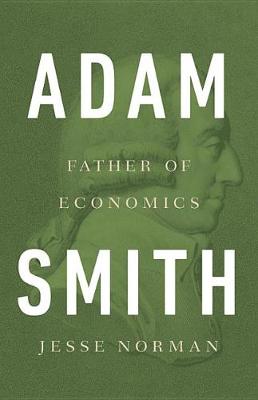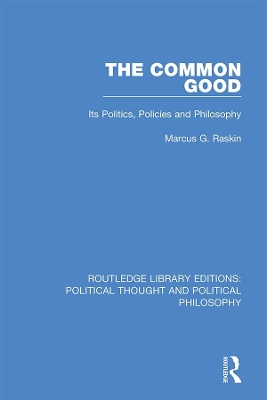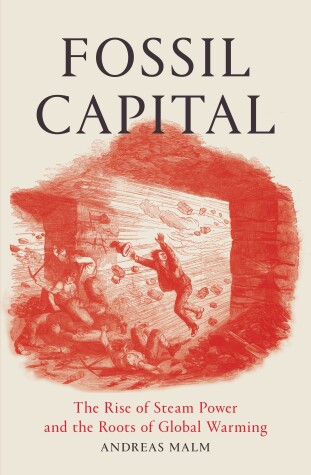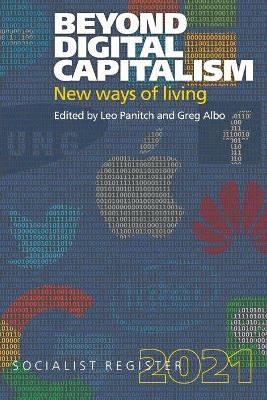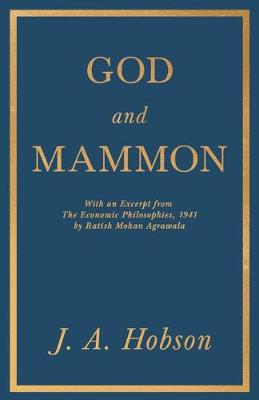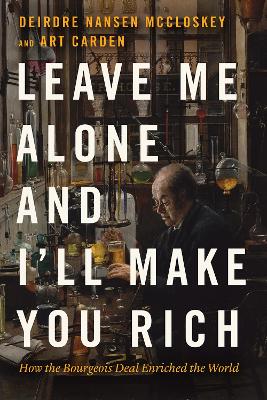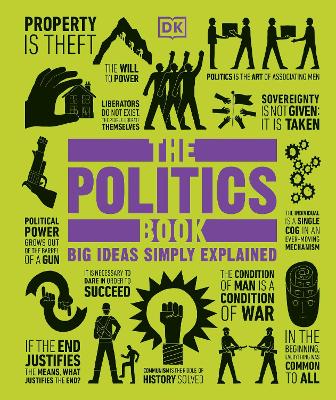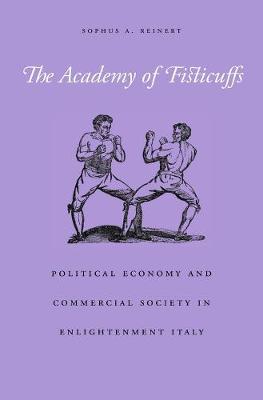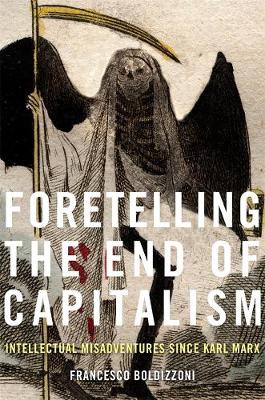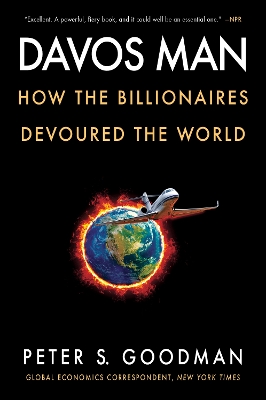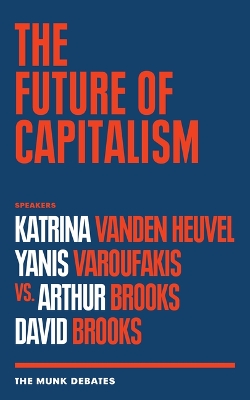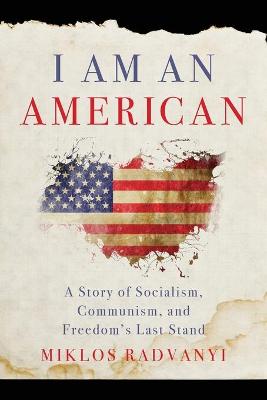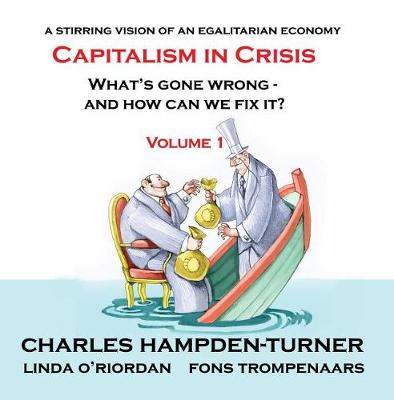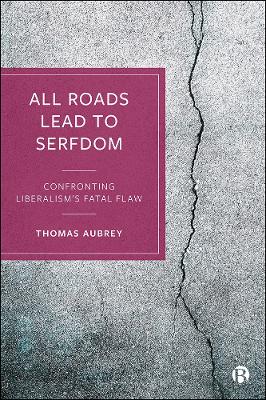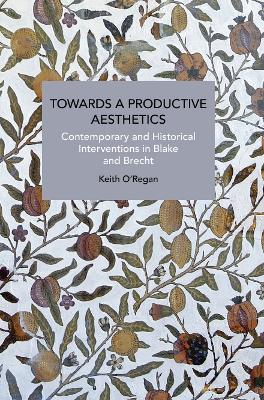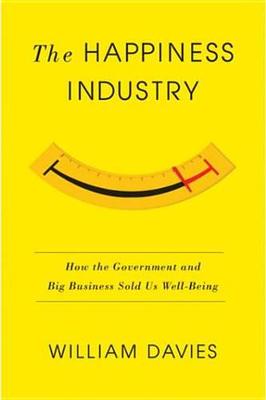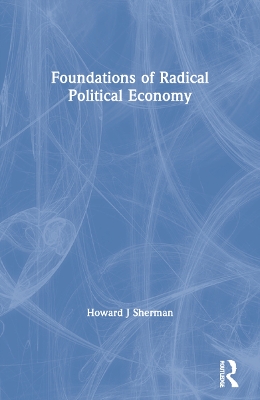'A superb book' Financial Times, Books of the YearAdam Smith is now widely regarded as 'the father of modern economics' and the most influential economist who ever lived. But what he really thought, and what the implications of his ideas are, remain fiercely contested. Was he an eloquent advocate of capitalism and the freedom of the individual? Or a prime mover of 'market fundamentalism' and an apologist for inequality and human selfishness? Or something else entirely? Jesse Norman's brilliantly...
Reconstructing the Landscapes of Slavery
by Dale W Tomich, Reinaldo Funes Monzote, Carlos Venegas Fornias, and Rafael de Bivar Marquese
Assessing a unique collection of more than eighty images, this innovative study of visual culture reveals the productive organization of plantation landscapes in the nineteenth-century Atlantic world. These landscapes-from cotton fields in the Lower Mississippi Valley to sugar plantations in western Cuba and coffee plantations in Brazil's Paraiba Valley-demonstrate how the restructuring of the capitalist world economy led to the formation of new zones of commodity production. By extension, these...
The Protestant Ethic and the Spirit of Capitalism (Routledge Classics) (Counterpoint S.)
by Max Weber
A brilliant book which studies the psychological conditions which made possible the development of capitalist civilization. The book analyzes the connection between the spread of Calvinism and a new attitude toward the pursuit of wealth in post-Reformation Europe and England, and attitude which permitted, encouraged-even sanctified-the human quest for prosperity.
The Common Good (Routledge Library Editions: Political Thought and Political Philosophy, #49)
by Marcus G. Raskin
First published in 1986. In this thought-provoking book the widely acclaimed thinker and activist, Marcus Raskin, moves beyond the limits and failures of socialism and capitalism to an original theory of social reconstruction for a humane society. Presenting concrete alternatives for education, health, economics and national security he develops a new conception of democracy and the rule of law in relation to our common good. A political and philosophic tool designed for those who search for a...
Not since the Second World War has there been such a gulf in wealth, income and power between the rich and the rest of the population of Canada. The fight against the deficit has been largely won and economic growth has resumed, but a deeply divided society is emerging. On the one side are the winners-the small minority who have struck it rich from corporate profits and stock markets. On the other side is the majority-facing meagre gains or even losses in income. Conflict between the classes has...
The more we debate about the catastrophic implications of climate change, the more fossil fuels we continue to burn. How did we get caught up in this mess? In this masterful new history, Malm claims that it all began in Britain with the rise of steam-power. So why did manufacturers turn from traditional fuels, notably water, to steam? Overturning established theories of the transition and offering a radically new view of our warming world, this study shows how steam was adopted as a superior sou...
Essays that explore new ways of living with technological change Every year since 1964, the Socialist Register has offered a fascinating survey of movements and ideasfrom the independent new left. This year's edition asks readers to explore just how we need to live withnew technologies. Essays in this 57th Socialist Register reveal the contradictions and dislocations oftechnological change in the twenty-first century. And they explore alternative ways of living: fromartificial intelligence (AI...
Over the last two months, the COVID-19 pandemic has thrown a robust American economy into disarray, completely shutting down major business sectors and putting millions of people out of work overnight. With so much at stake and with all options seemingly on the table, it is crucial that we commit ourselves to the long-term goal of restoring the sorts of free-market policies that led to the Trump Economic Boom prior to the China Virus crisis. Although massive government interventions that Barack...
Leave Me Alone and I'll Make You Rich
by Deirdre Nansen McCloskey and Art Carden
The economist and historian Deirdre Nansen McCloskey has been best known recently for her Bourgeois Era trilogy, a vigorous defense, unrivaled in scope, of commercially tested betterment. Its massive volumes, The Bourgeois Virtues, Bourgeois Dignity, and Bourgeois Equality, solve Adam Smith's puzzle of the nature and causes of the wealth of nations, and of the moral sentiments of modernity. The world got rich, she argues, not chiefly by material causes but by an idea and a sentiment, a new admir...
The Politics Book (Big Ideas)
Politics affects us all and the same questions reverberate across history. Who should rule? Is property theft? What's mightier - the bullet or the ballot? Discover 80 of the world's greatest thinkers and their political big ideas that continue to shape our lives today.Humankind has always asked profound questions about how we can best govern ourselves and how rulers should behave. The Politics Book charts the development of long-running themes, such as attitudes to democracy and violence, develo...
The terms "capitalism" and "socialism" continue to haunt our political and economic imaginations, but we rarely consider their interconnected early history. Even the eighteenth century had its "socialists," but unlike those of the nineteenth, they paradoxically sought to make the world safe for "capitalists." The word "socialists" was first used in Northern Italy as a term of contempt for the political economists and legal reformers Pietro Verri and Cesare Beccaria, author of the epochal On Crim...
Intellectuals since the Industrial Revolution have been obsessed with whether, when, and why capitalism will collapse. This riveting account of two centuries of failed forecasts of doom reveals the key to capitalism's durability.Prophecies about the end of capitalism are as old as capitalism itself. None have come true. Yet, whether out of hope or fear, we keep looking for harbingers of doom. In Foretelling the End of Capitalism, Francesco Boldizzoni gets to the root of the human need to imagine...
In Western societies, the capitalist system is facing a level of distrust not seen in decades. Economic inequality is rampant. Life expectancy is falling. The environment is being destroyed for profit. Political power is wielded by wealthy elites and big business. For capitalism's critics, it is clear that the system is not designed to help average people. Their solution is a top-to-bottom reform of the "free market" along more socialist and democratic lines. For proponents of capitalism, howeve...
Capitalism in Crisis (Volume 1)
by Charles Hampden-Turner, Linda O'Riordan, and Fons Trompenaars
Never before has there been such a period of intense change at every level of our society. Almost everything that we took for granted is now open to debate, whether that be the relationship that Britain has with the rest of the world or, at a more personal level, how the company we work for adapts to an increasingly competitive marketplace, and how that will affect our jobs. Everything is up for debate. What we are all searching for is clarity, insights and a reminder of the lessons of history...
Liberal democracies are under increasing pressure. Growing discontent about inequality, lack of political participation and identity have rekindled populism and a shift away from liberal values. This book argues that liberalism’s reliance on a utilitarian policy framework has resulted in increased concentrations of power, restricting freedom and equality. It examines five key areas of public policy: monetary policy, private property and liability, the structure of the state, product markets and...
In Towards a Productive Aesthetics: Contemporary and Historical Interventions in Blake and Brecht, Keith O'Regan mobilises a constellative approach to compare the political-aesthetic strategies of William Blake (1757-1827) and Bertolt Brecht (1898-1956). O'Regan traces two similar trajectories in each author's work: an exploration of how capitalist domination defines conjunctures, and an investigation of how historical figures, themes, and terrains illustrate past failures or losses that can be...
In the past decade, governments and corporations have become increasingly interested in measuring the way people feel: 'the Happiness index', 'Gross National Happiness', 'well-being' and positive psychology have come to dominate the way we live our lives. As a result, our emotions have become a new resource to be bought and sold. In a fascinating investigation combining history, science and ideas, William Davies shows how well-being influences all aspects of our lives: business, finance, marketi...
First published in 1987. Similar in content to Sherman’s previous book, Radical Political Economy, it covers most of the same issues and reaches the same overall conclusion in favour of democracy and socialism. Many of the analyses and conclusions on particular subjects, however, have changed because of the flood of new literature in every area of radical political economy and because the world has changed. The most important issue is the prevention of nuclear war.
